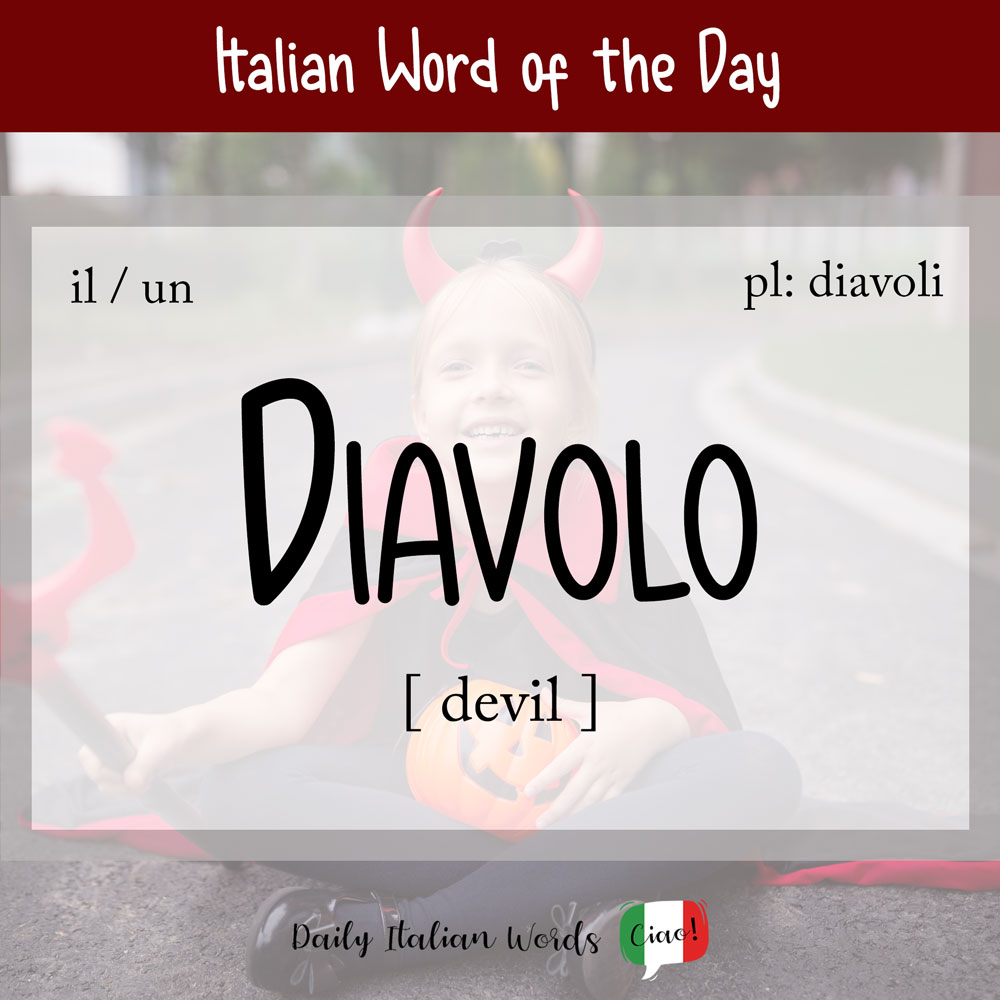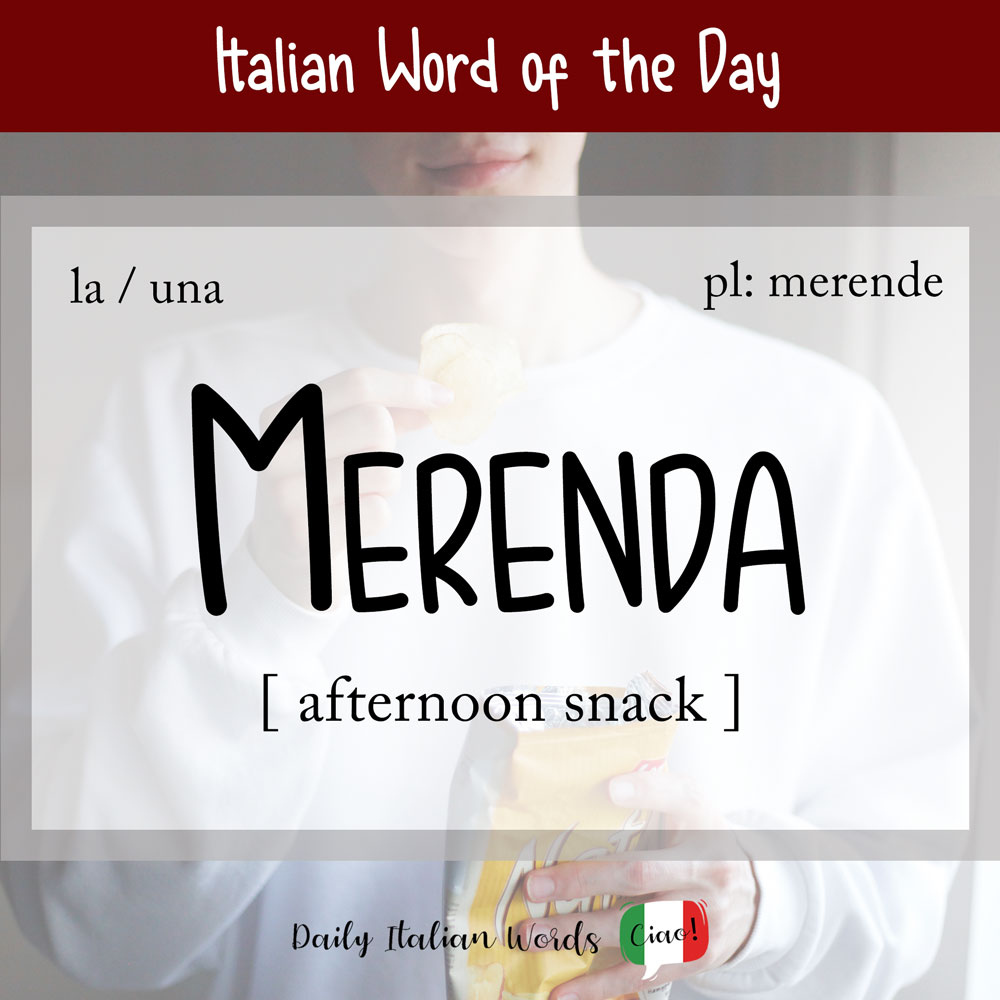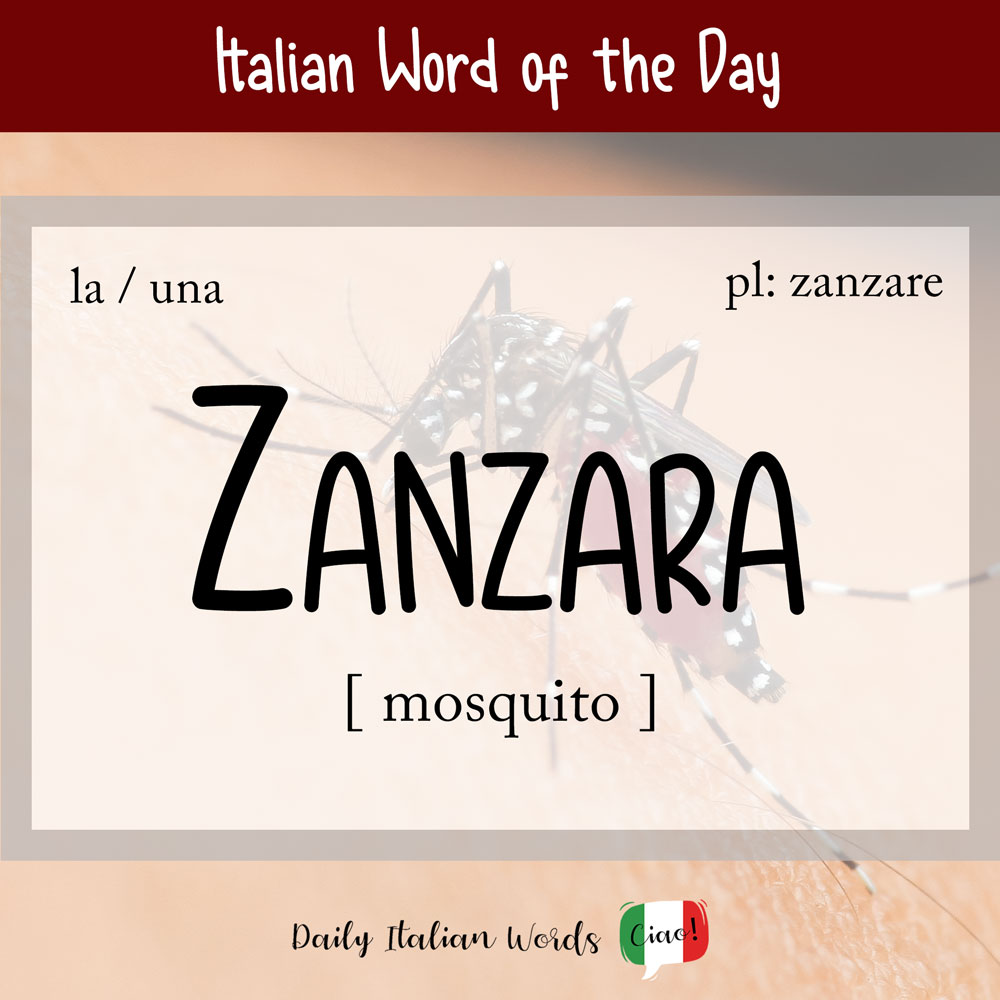How to Say “Devil” in Italian – Diavolo
In Christian and Jewish belief, the enemy of Dio (God) and the supreme spirit of evil is il Diavolo (the Devil), otherwise known as Satana (Satan). You will see this word written with both a capital letter ‘D’ and a lower case ‘d’. Generally speaking, the capital letter is used when referring specifically to Satan, …






